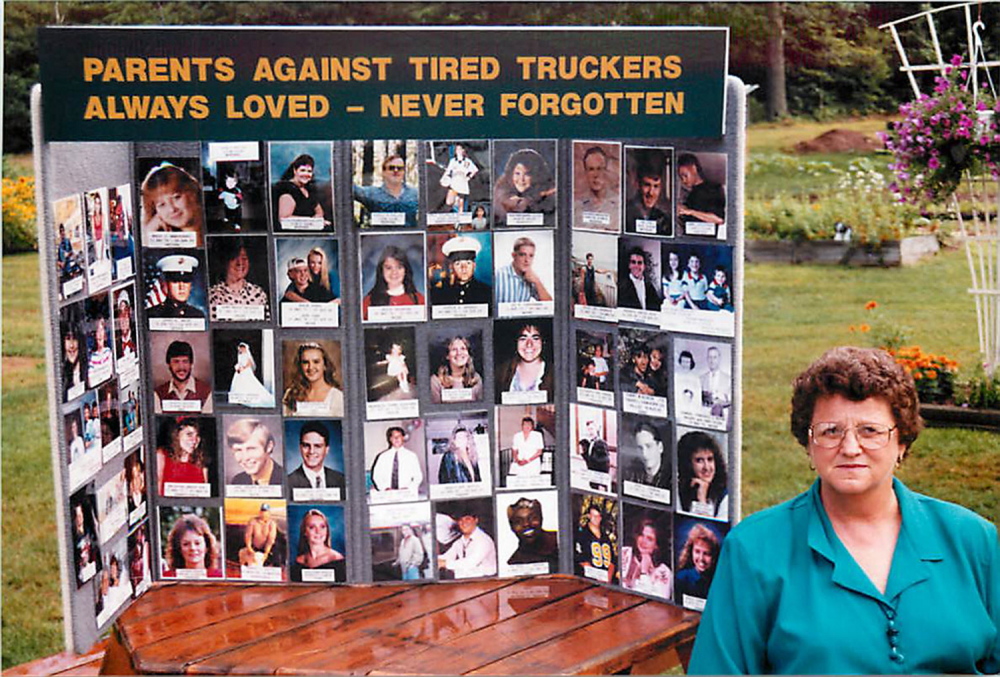Sleep deprivation is a national epidemic, affecting the health, alertness and productivity of millions of people. When those people are driving a 20,000-pound tractor-trailer, it’s also a recipe for disaster.
That’s why we believe that a temporary change to truck drivers’ sleep requirements proposed by Maine Sen. Susan Collins is a bad idea. Collins is responding to reports of congested truck traffic in peak hours, which some attribute to a lack of flexibility in a trucker’s legally mandated rest periods.
We agree that traffic accidents, whether caused by tired truckers or by congestion, are something that the government should try to minimize. But truckers falling asleep at the wheel is such a well-documented killer that we would rather see other strategies to reduce traffic congestion tried before this one.
The organization Parents Against Tired Truckers got its start in Maine 20 years ago, one year after four teenagers were killed on the Maine Turnpike when a truck crushed the car they were in. Analysis of the crash determined that the trucker had driven excessive hours without sleep, and had falsified his logbook. At the time of the crash, he was sound asleep and never touched his brakes.
Current law requires a driver who has logged the maximum 70 hours behind the wheel in a week to take 34 hours off, which has to include two consecutive nights. The earliest time that driver can get back on the road is 5 a.m.
Collins’ amendment would let drivers have the option of taking two single rest days during a week and allowing them to start driving at night after a break. While this one-year suspension is in effect, the government would pay for a $4 million study to determine whether the change would result in fewer trucks on the road during peak morning commuting hours.
PATT recommends other reforms designed to reduce truck fatalities. It wants trucks to be equipped with electronic logbooks that can’t be falsified easily and seeks a requirement that truckers be paid by the hour, not by the mile.
These ideas seem like a more promising way to reduce accidents than loosening the regulations on rest. Research has shown that the effects of even a small amount of sleep deprivation spread over several nights are cumulative and don’t go away with just one good night of sleep.
We don’t need a study to tell us what happens when drivers fall asleep at the wheel. There must be a way to reduce rush-hour traffic that doesn’t put more tired truckers on the road.
Send questions/comments to the editors.



Success. Please wait for the page to reload. If the page does not reload within 5 seconds, please refresh the page.
Enter your email and password to access comments.
Hi, to comment on stories you must . This profile is in addition to your subscription and website login.
Already have a commenting profile? .
Invalid username/password.
Please check your email to confirm and complete your registration.
Only subscribers are eligible to post comments. Please subscribe or login first for digital access. Here’s why.
Use the form below to reset your password. When you've submitted your account email, we will send an email with a reset code.